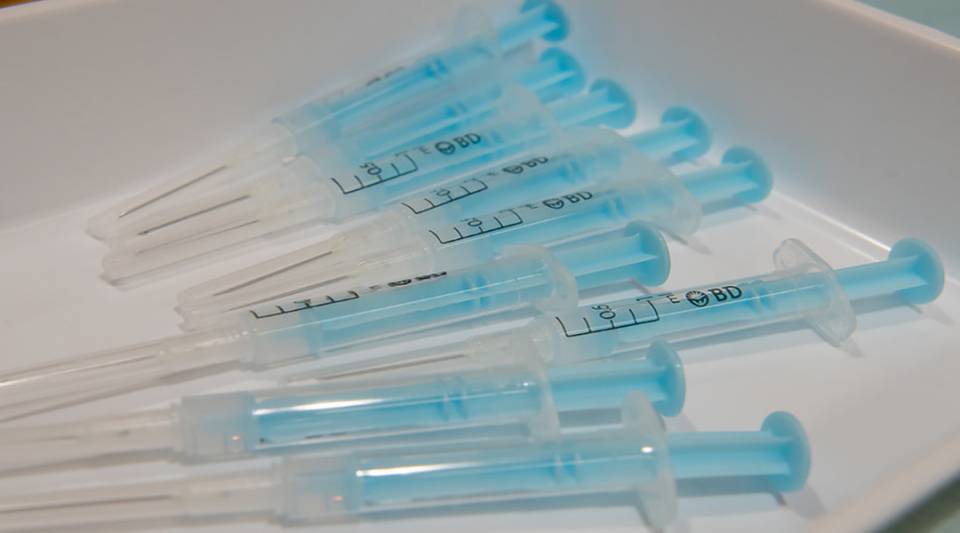Following the update, from next year, the HPV vaccination schedule will be financed in Catalonia for both boys and girls of 11-12 years old. As well as guaranteeing equality between the sexes, this measure also directly protects children from developing cancer related to infection by the Human Papilloma Virus (HPV), such as cancer of the oropharynx (part of the throat behind the oral cavity), the penis and anus.
Numerous studies have shown the benefit of HPV vaccines in preventing infection, as well as the subsequent development of premalignant lesions and cancer in various areas of the anogenital tract. Recently, a United Kingdom study showed the importance of administering the vaccine to girls before sexual intercourse for the first time, to prevent cervical cancer. There was a greater reduction in these types of cancers in girls of 11-12 years old, than when it was administered to older girls or adult women. Vaccination of girls aged 11-12 years began in Catalonia in the 2007-08 academic year and led to a decrease of over 60% in anogenital warts among girls aged 16-19 years a decade later. Also, vaccination of girls provides indirect protection for boys and men. Since the implementation of the HPV vaccine in Catalonia, a 4-6% reduction in genital warts has been seen in boys and young men, as well as in unvaccinated girls and women.
Papillomavirus is the most common sexually transmitted infection: 1 in 10 sexually active individuals (women and men) will acquire it at some point in life. It can affect the mucous membranes of the anogenital tract, as well as the oral mucosa of men and women. There are over 100 different types of HPV. Some, called "low risk" (because they do not cause cancer) are responsible for anogenital warts; while others of high risk are capable of causing cervical cancer (the fourth most common cancer in women), as well as cancer of the vulva, penis, vagina, anus and oropharynx.
However, having an HPV infection does not mean that you will necessarily develop cancer. In fact, the vast majority of infections clear up on their own. Only a small percentage persist and become capable of causing lesions that can progress to become cancerous if left untreated.
In addition, a very effective tool is currently available to protect the population from HPV: vaccination, which prevents infection from the virus and, therefore, from cancer. Currently marketed vaccines protect against 90% of cervical cancer and 90% of anogenital warts.
In 2018, the World Health Organisation (WHO) approved the European strategy for men's health, which recommends promoting the role of adolescents and men in services related to sexually transmitted infections. The European Commission encourages Member States to promote HPV vaccination regardless of gender (i.e. for boys and girls), and proposes to support this initiative with specific funds from the "EU for Health" programme. So far, more than 30 mostly European countries, such as Austria, Germany and France, have already implemented HPV vaccination in children. From the next school year, Catalonia will join the vaccination programme, regardless of gender, and will become the first Spanish autonomous community to vaccinate both girls and boys against HPV.




